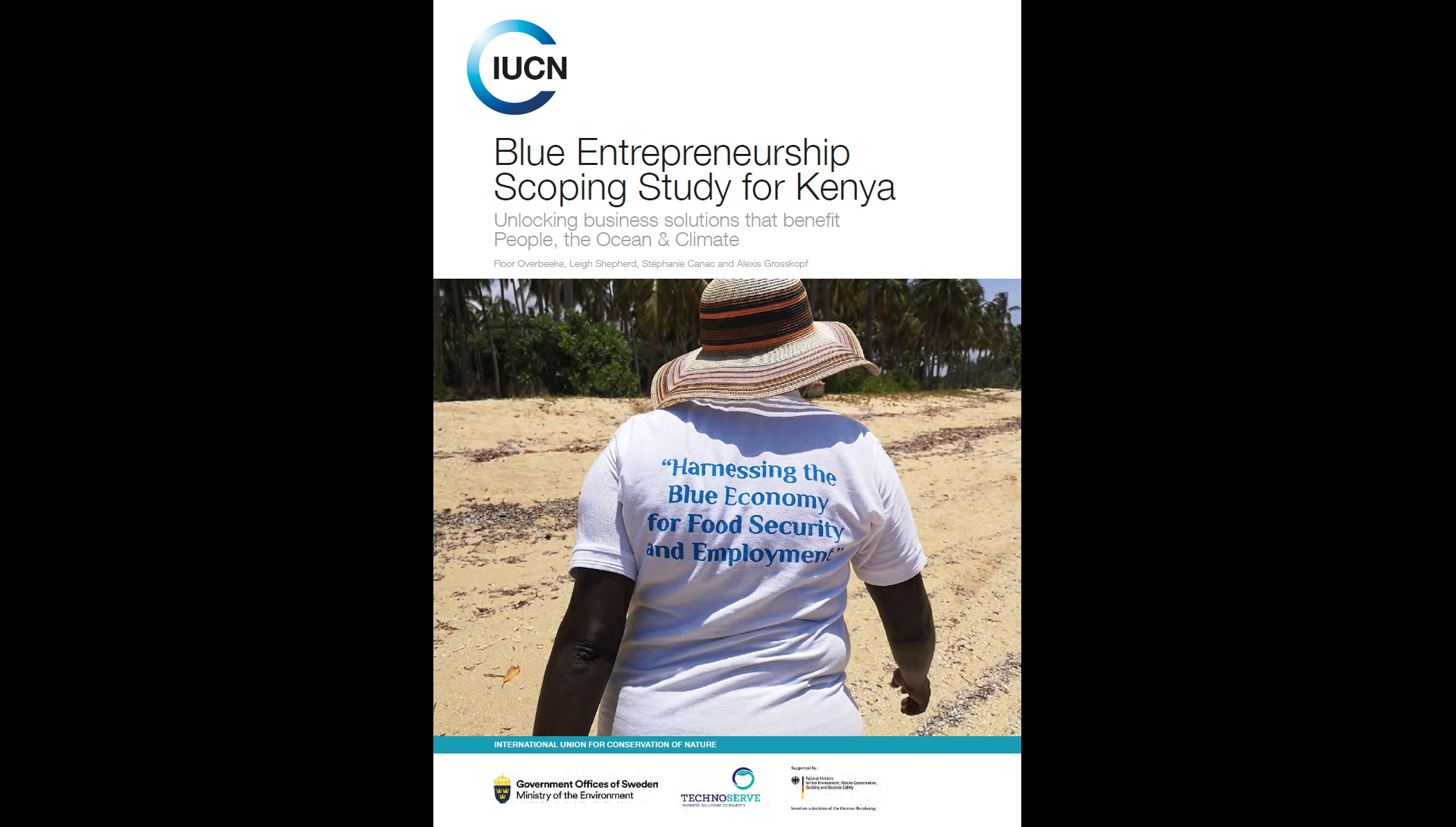By Failing to Mitigate Climate Change, Ireland may be in Breach of Human Rights Law
UN Special Rapporteur on Human Rights and the Environment releases "Statement on the human rights obligations related to climate change, with a particular focus on the right to life."
Do States have an affirmative obligation to mitigate climate change to protect human life? United Nations Special Rapporteur on Human Rights and the Environment, David R. Boyd, believes they do. Dr Boyd takes up this issue in an October 2018 Statement prepared for the Office of the United Nations High Commissioner for Human Rights. In the Statement, Dr Boyd considers whether the Government of Ireland has an obligation to reduce greenhouse gas emissions to protect the right to life.
Dr Boyd’s inquiry is based on a case brought before the High Court of Ireland in : Friends of the Irish Environment CLG v. The Government of Ireland, Ireland and the Attorney General brought before the High Court of Ireland. The case was heard by the High Court on January 22, 2019.
At issue in the case is (1) whether Ireland has an affirmative human rights obligation to mitigate climate change; and (2) whether Ireland’s National Mitigation Plan satisfies the human rights obligation related to climate change.
Dr Boyd argues that Ireland has an affirmative obligation to mitigate climate impacts to human life and the National Mitigation Plan fails to satisfy this obligation. As a preliminary matter, Dr Boyd points out that the right to life is universally recognized as a basic human right. Moreover, there is a growing recognition that climate change threatens the right to life. Dr Boyd cites to the Intergovernmental Panel on Climate Change 2007 assessment report, for the position that the direct and indirect impacts of climate change will likely include people suffering from death and disease, as well as potential injuries from heatwaves, floods, storms, fires and droughts.
As a result, international agreements have begun to recognize the impacts of climate change on human rights. Most notably, the the 2015 Paris Agreement specifically calls on States to consider “their respective obligations on human rights” when taking action to address climate change.
As a party to the 1992 UN Framework Convention on Climate Change (UNFCCC), a party to the 2015 Paris Agreement, and a member of the European Union, Ireland has an obligation to reduce its greenhouse gas emissions. However, the National Mitigation Plan does not contain mitigation measures by which Ireland can satisfy its obligations under EU laws or international agreements. The absence of mitigation measures puts Ireland’s residents at increased risk of threats to human life from climate change.
Dr Boyd argues that by failing to implement policy to reduce greenhouse gas emissions, Ireland is neglecting its human rights obligation to protect the right to life, and therefore in breach of human rights law. Dr Boyd recommends Ireland consider revising the National Mitigation Plan to reduce emissions as rapidly as possible to satisfy its legal obligations.





